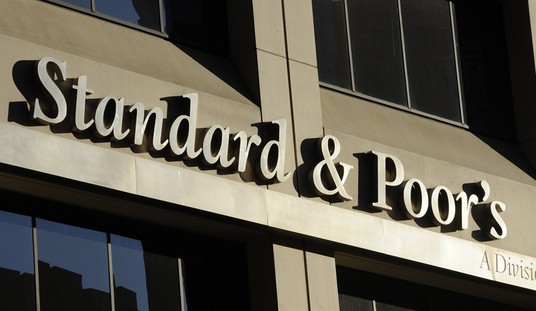CBS News presents readers with a mystery today: what happened to the Internet cable partnership between Venezuela and Cuba? More than a year ago, Fidel Castro and Hugo Chavez publicized their partnership, with Castro asserting that “Secrets are over,” and that Cuba would have “the most powerful weapon that has ever existed, which is communication.” The cable got delivered, but neither government speaks of it — and Internet access is slower than ever in Cuba, perhaps even worse than before.
According to the French firm Alcatel, it’s all hooked up and ready to go:
A senior French official told AP that Alcatel had upheld its part of the contract and whatever problems exist must be on land with the network it was meant to be attached to.
“The cable must be connected to something or it won’t work,” said the official, who also spoke on condition of anonymity because he was not authorized to discuss the politically sensitive project.
So why isn’t working? CBS claims not to have the answers to that question, although they have picked up rumors of an embezzlement investigation. Their report has some vital clues, however, if one reads it correctly:
The problem is that connection speeds here are still Web 1.0, while the world has moved on to fancier, bandwidth-hogging platforms like Flash. YouTube is irrelevant on Cuban dial-up, and barely useable on the rare broadband connections. Want to watch the latest episode of “Mad Men?” At 3-5 kilobytes-per-second dial-up transfer speeds, a 500-megabyte video file would theoretically take somewhere between 28 and 46 hours to download from iTunes.
Artists and photographers say it’s nearly impossible to view others’ work online. People swap digital pictures in person on memory sticks rather than simply sending them as email attachments. Students have difficulty accessing research databases.
One doctor in Havana said she only has access to Cuba’s domestic intranet, a bare-bones internal network of island-hosted sites that also lets users get email. Moreover, her institution recently began cracking down on the few who do have full Internet access, ordering them not to use sites like Facebook under threat of punishment.
Hmmmm. Repressive dictatorship that currently controls access to the media sees what might happen when control passes from their hands in the form of an high-speed Internet connection. Dictatorship controls one end of connection, and its Mini-Me in Venezuela controls the other end. The connection never takes place and dictatorship that hailed it suddenly stops talking about it altogether. What could possibly have happened?
It doesn’t exactly require Columbo to figure this one out. Inspector Clouseau could probably solve this case before his first pratfall.








Join the conversation as a VIP Member